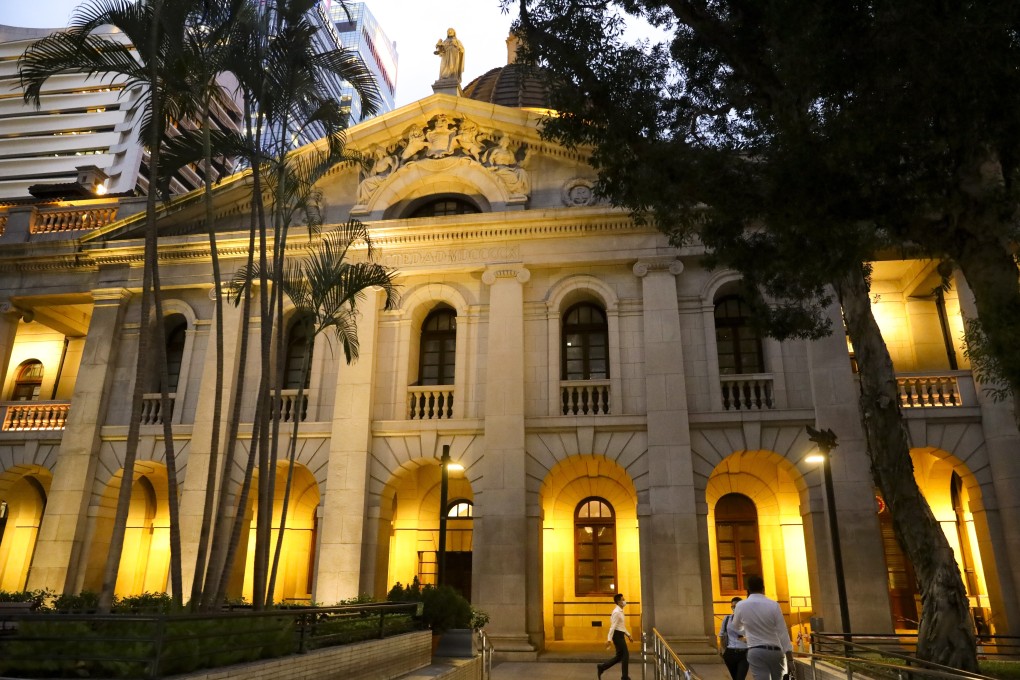My Take | Attempts to politicise the judiciary must stop
- Hong Kong’s courts need to be left alone to get on with the job of deciding cases freely, fairly and in accordance with the law

There are many benefits to being a judge, but freedom of expression is not one of them. Judges are not allowed to express their views in public for fear of undermining confidence in their independence.
The only time judges and magistrates can speak out is when presiding over court cases. As a court reporter, I appreciated those who put this to good use. The more controversial their comments, the better the story. Their remarks rarely caused a scandal.
But now, with Hong Kong gripped by political tensions, judges have to be careful what they say in court as well as out of it. Their words are subjected to scrutiny by both sides of the political divide for perceived signs of bias.
One of the allegations against Magistrate Cheang Kei-hong related to language he used in the case of an elderly man who assaulted pan-democrat politician “Long Hair” Leung Kwok-hung with a chisel.
Cheang was accused of showing undue sympathy for the defendant, endorsing political violence and being biased. These are very serious allegations.
